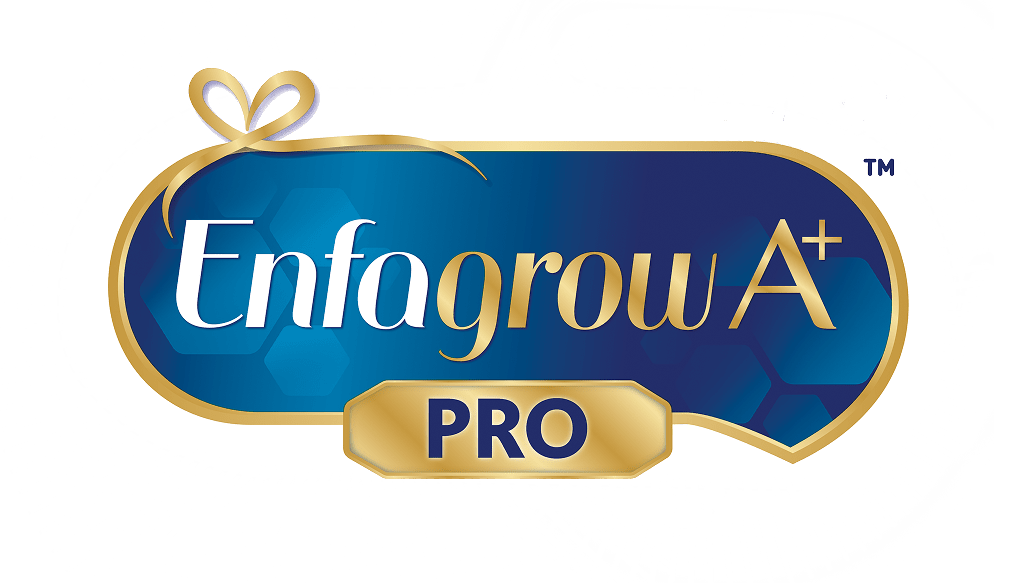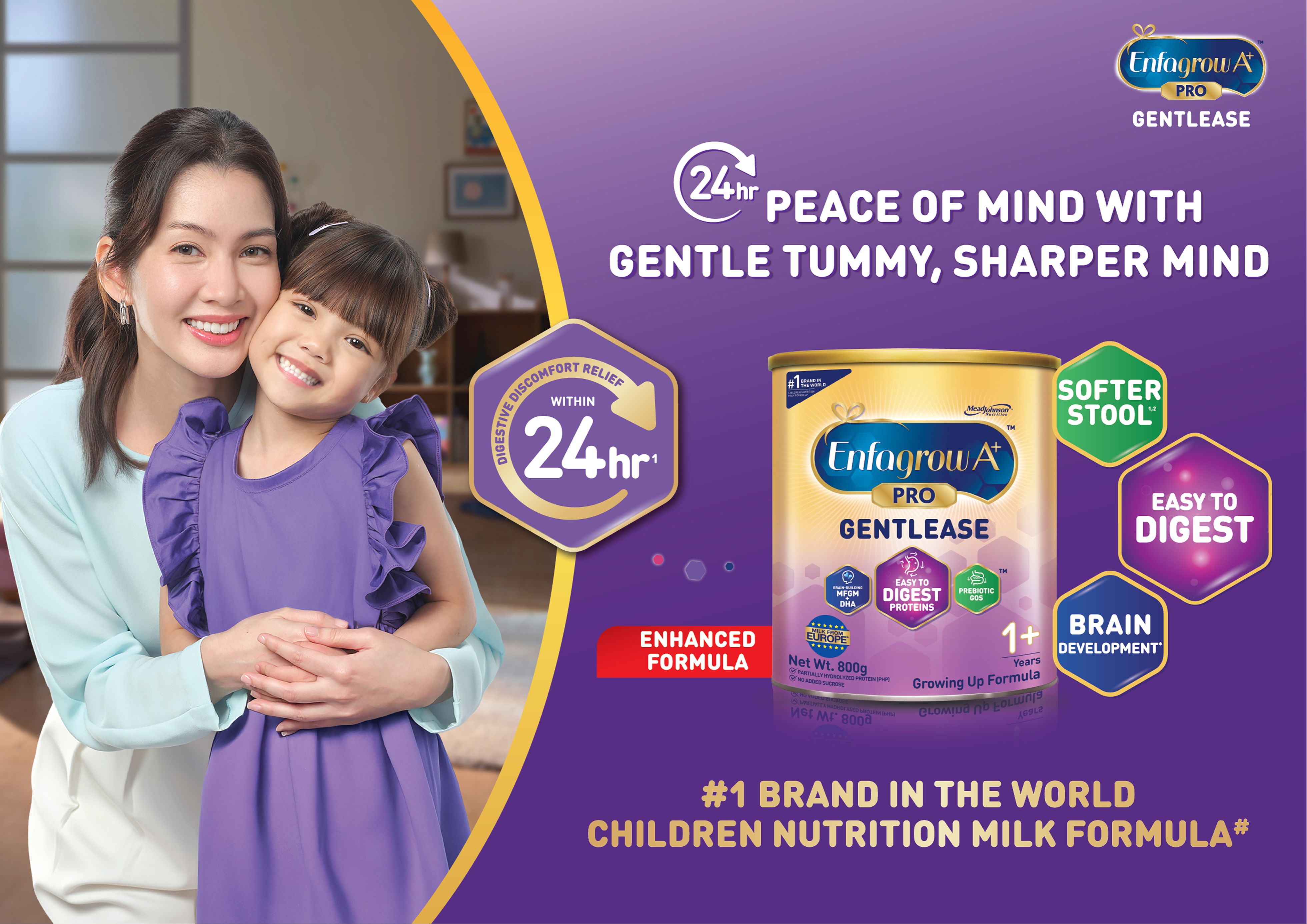
Tips on enhancing the bond between mother and child through sensory play.

As a new mum, your first year of parenthood is as thrilling as it is challenging. Today's mums are bombarded by social media and advice from peers, experts and family – hence, there is an inadvertent pressure to be a 'perfect' mum.
As the baby grows from 6 months of age, many mums are faced with different family circumstances, such as the need to head back to work or simply changes in baby's feeding, which can leave mums feeling anxious and nervous about losing the special bond they have developed with their precious bundle of joy. They needn't; as a mother, you are your baby’s main source of stimulation and comfort. There are many tips and tricks that will not only naturally enhance your bond with your child, but also set them on the path to early learning and well-rounded development, ensuring that they are building cognitive skills, understanding emotion, moving to build strong motor ability and communicating with enthusiasm.
Sensory Play
90% of your little pioneer's brain development happens in the first five years1 so early sensory play and stimulation is key to stimulate your baby's brain development and provides the building blocks for long-term growth, health and setting your little pioneer up for success.
By touching, listening, smelling, watching and tasting, your baby is building on their experiences and storing up knowledge to help in all key developmental areas; cognitive, motor, emotion and communication.
Follow these tips to help develop your above 6-month old baby's key skills and maximize your bonding time too!
Talk to me
When you play with your baby, make sure that you are talking to them at the same time. They may not be able to talk back yet but don't worry, they are storing it up! Talk to them about what they are experiencing, as this will help them build up their vocabulary, learn to communicate, interpret facial expressions and build their essential mother/child bonds with you too.

Touch & Play
After six months, your baby will be starting to sit up and use their tiny hands to pick up objects2. As they begin to explore the objects in their hands and manipulate materials, they are exercising their fine motor skills which will become so important in later life. Try creating your own treasure basket at home and letting your baby explore with you. Items that are brightly coloured, textured, make different sounds and have different smells such as crinkly fabric, spoons and bottles will help stimulate your little pioneer. Change the items frequently to surprise your child but remember that not all items are edible!


Remember to give lots of cuddles when you play with your baby as they thrive on maternal affection and security. Touch is so powerful for bonding and emotional development.
The power of sound
You can wake up your child's sense of sound by playing different types of music to stimulate the senses; use calming sounds when you want to gently soothe them, and playful, happy music to start encouraging them to move and play. You can also show your child that they have the power to create noise! Show them how to use rattles or a squeaky toy or let them bang away with objects like pots and pans. What may start off as an accidental sound which may give them a fright, will soon become purposeful as they realise they're creating the noise themselves. Better still, sing to them - it doesn't matter if you are a singing pa or not. Your voice was the first voice your baby heard in the womb and he/she will find your voice the most soothing and energizing!


Support your child's continuous learning moments
Along with parental stimulation, nutrition plays an equally important role in fueling your child's continuous learning.
Believe it or not your brain it made up of fats – a lot of it! At a basic cell level, fats and fatty acids help build the brain, eyes and central nervous system of your developing baby. DHA and ARA are two specific types of long-chain fatty acids which are critical to this healthy development. DHA and ARA are important building blocks of brain and eye development, helping to support visual maturity, attention and problem solving skills, especially in the first two years of life.
Like to have more bonding activity ideas? Join Enfamama A+ Club to learn more.
Note : Breast milk is the best for babies. The World Health Organization recommends exclusive breastfeeding for the first six months of life. Unnecessary introduction of bottle feeding or other food and drinks will have a negative impact on breastfeeding. After six months of age, infants should receive age-appropriate foods while breastfeeding continues for up to two years of age or beyond. Consult your doctor before deciding to use infant formula or if you have difficulty breastfeeding.
- Dekaban, A. S. and Sadowsky, D. (1978), Changes in brain weights during the span of human life: Relation of brain weights to body heights and body weights. Ann Neurol., 4: 345–356. doi:10.1002/ana.410040410
- https://www.cdc.gov/ncbddd/actearly/milestones/milestones-9mo.html



